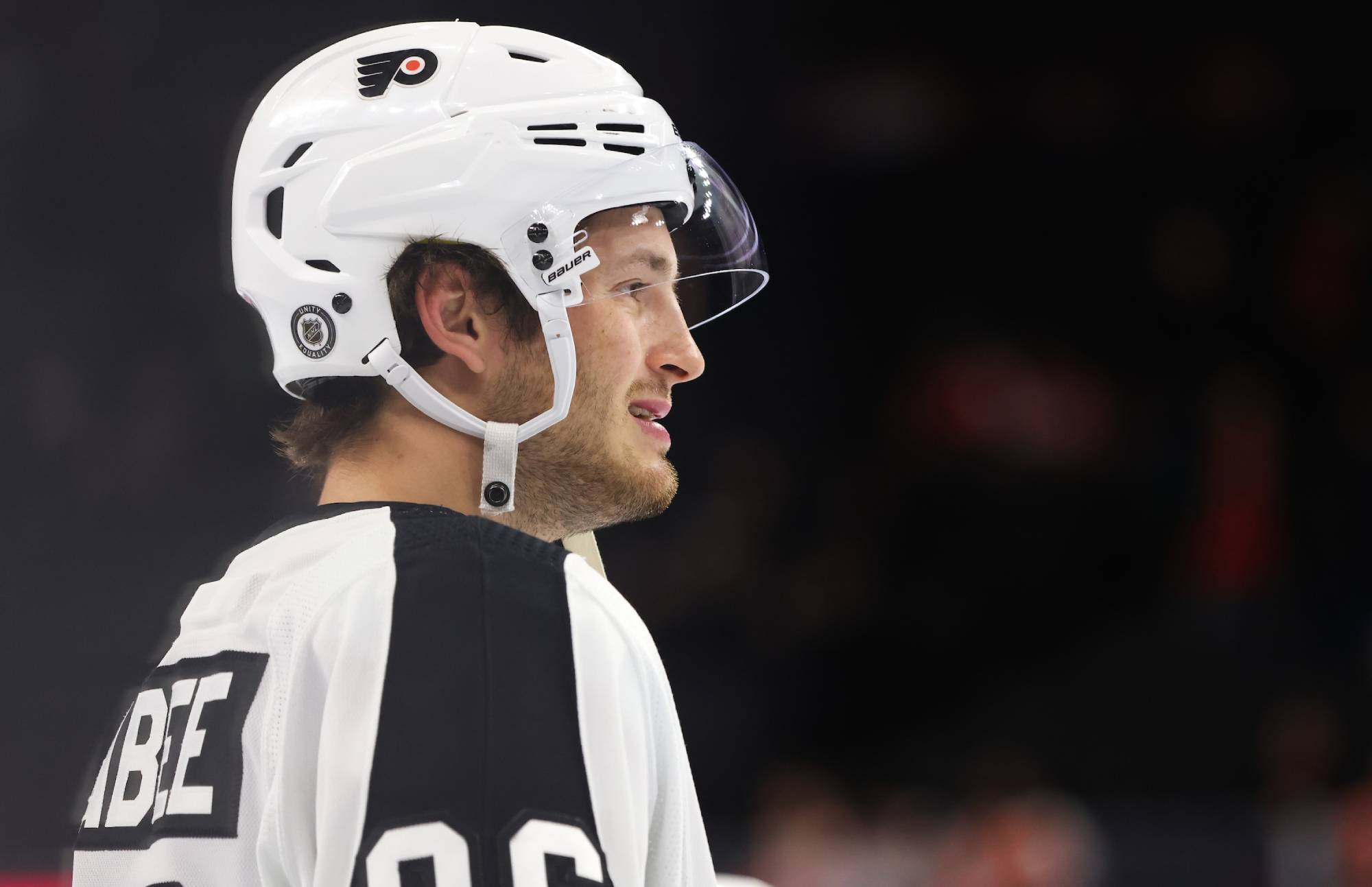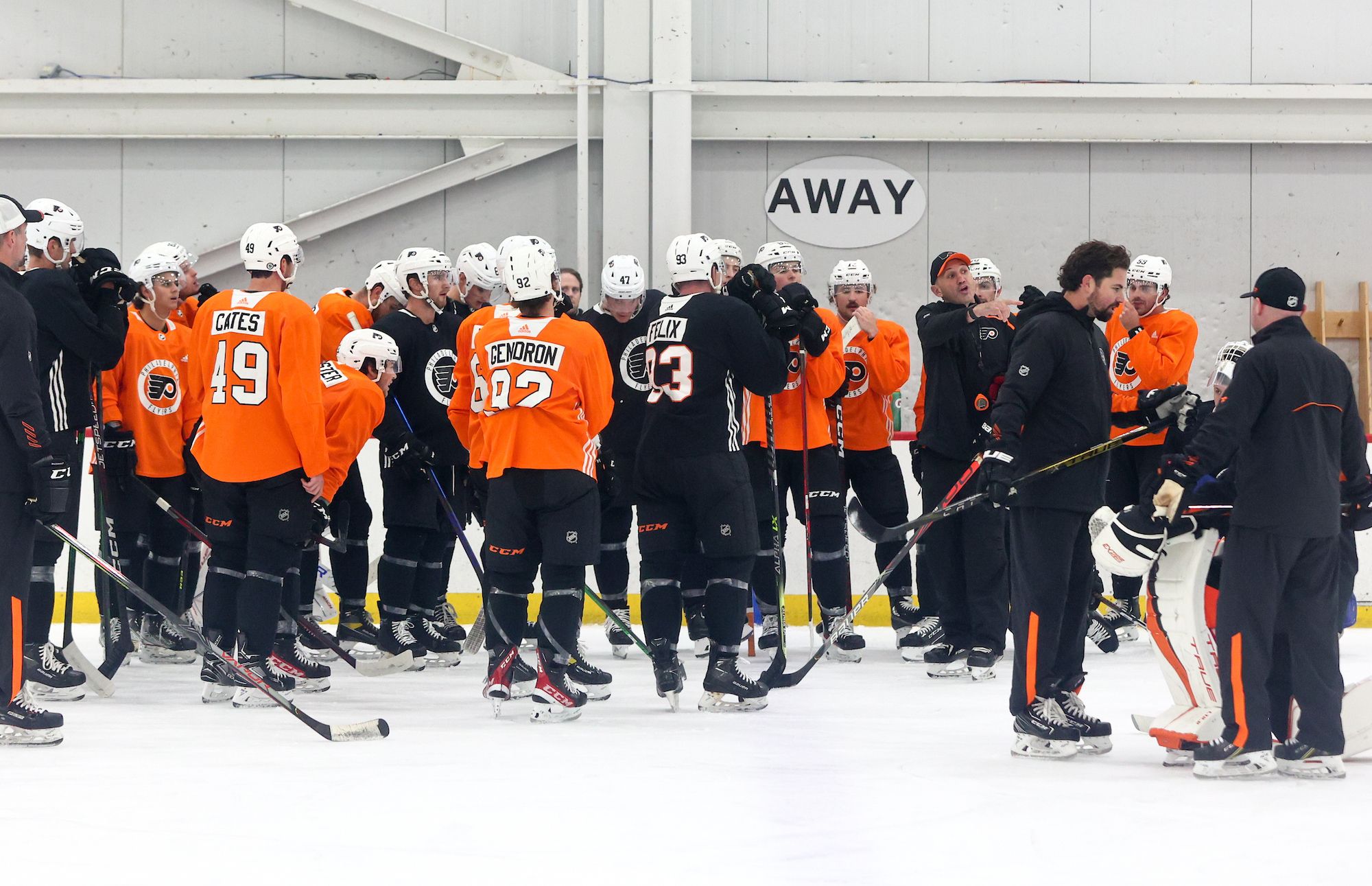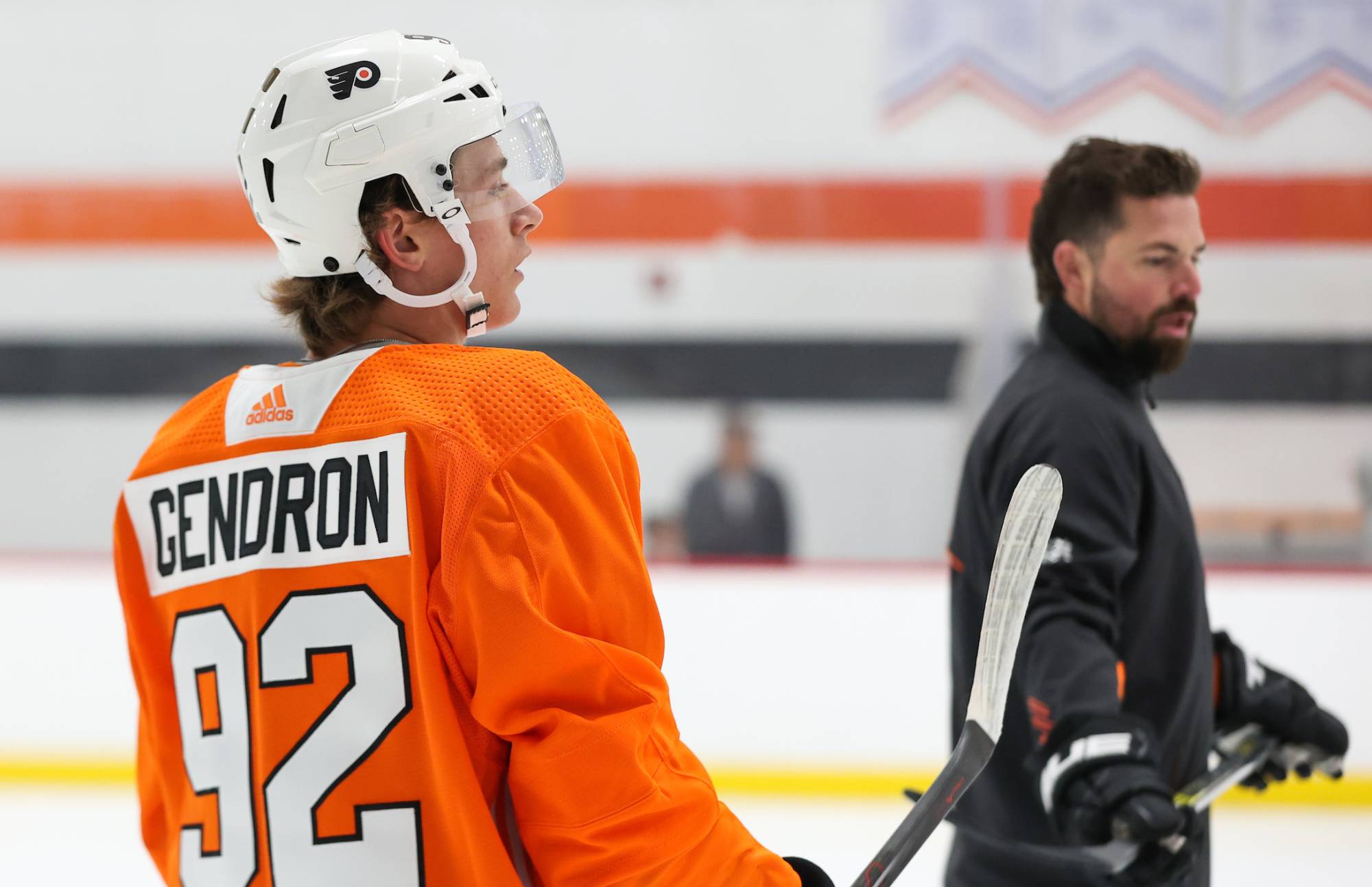It’s the gift that keeps on giving.
First the Philadelphia Flyers signed Shea Weber to an offer sheet in the summer of 2012, and Flyers fans everywhere were drooling at the thought of him in Orange and Black. Then the Nashville Predators matched the offer sheet, and the conversation turned to if the Predators would opt to trade Weber to the Flyers in 2013. Well, that season passed — we’re now in 2014 — and Weber is still a Predator. I suspect we’ll continue to hear rumors of a potential Weber trade and the Flyers’ interest every year for at least a few more years.
Tim Panaccio conducted a mailbag on Sunday in which he hypothetically asked what people would trade for Shea Weber. I’m not here to discuss the plausibility of a trade, or even what it might take to acquire Weber if he were available.
Instead, I want to remind everyone of cap-advantage recapture and the risks associated with Shea Weber’s contract. Hockey trades aren’t always about “who’s the better player” or even “who will be the better player in the future”. In the salary cap world, you need to consider the contracts.
Not only does Weber have 12 years remaining at a $7.857 million cap hit per year, but there are also additional risks involved thanks to “cap-advantage recapture”.
I won’t bring the CBA jargon into the article to bore you (it’s section 50.5(d)(ii)(A)-(B) if you are interested), but essentially any contract signed before the current CBA in excess of six years is subject to cap-advantage recapture rules.
That essentially means if a team sees a “cap advantage” (read: they pay them a buttload of salary but the cap hit is actually much, much smaller thanks to cheap years at the end), they would be required to pay back that advantage (aka recapture) in the event that the player does not play out the length of their contract.
It was basically put into the CBA in order to punish teams for all of the back-diving contracts they signed under the last CBA (which the Flyers were guilty of).
So, what does this mean with respect to Shea Weber?
On the chart below (click to enlarge) you’ll see all 14 years of the contract, the salary, the cap hit, Weber’s age, the seasons in which those years take place, the team that he is on (in this hypothetical), the total “advantage” seen, and the penalty which would need to be paid if he were to retire after that given year.
In the first two years you’ll see he was obviously in Nashville. In this hypothetical he gets traded to the Flyers this summer.
You’ll notice that his salary is in red for his first four years in Philadelphia. This is to show that his salary exceeds his cap hit (green indicates the salary is actually less than the cap hit). Because of that, the Flyers are seeing an “advantage” of 6.143 million (14 million – 7.857 million) in his first year with the team, as noted in orange.
If Weber were to retire after the 2014-2015 season with the Flyers (bear with me for the sake of this example), the Flyers would be required to pay back that $6.143 million advantage over the life of the remaining contract (11 years). $6.143 million over 11 years comes to $558k in penalties every year for 11 years.
The next year, we see another $6.143 million (14 million – 7.857 million) in advantages, which brings the total advantages to $12.286 million. Over 10 years now, that’s $1.229 million in penalties each year if he were to retire after that season.
And so on, and so forth.
You’ll notice that after his fourth year with the Flyers the total amount of “advantage” begins to decrease because the salary is actually less than the cap hit in those years. So the largest the “advantage” amount ever gets, in total, would be $20.572 million.
The largest it would ever get in a single season of penalties would be if Weber were to retire after the 2021-2022 season at age 36. The Flyers would then be stuck paying a $3.286 million penalty every year for the next four years for a player that isn’t playing for them. And mind you, this isn’t simply a financial penalty that Ed Snider would gladly pay. This hits the salary cap (where it hurts).
At that point, Weber would be 36 and would have collected $104 million of his $110 million. He certainly wouldn’t have much of a financial reason to keep playing if for some reason he didn’t wish to.
Truth be told, the recapture risks aren’t crippling, especially because the cap is projected to continue to rise. A $3.286 million cap hit even next season would suck, but it would be workable. In 2022, that amount will likely seem even smaller.
With that said, willingly taking on risk of this kind, and paying anything in dead cap space (ahem, Randy Jones and Oskars Bartulis) is bad asset management. Fans need to be aware of these risks and potential penalties when they consider what they would offer as armchair general managers.










